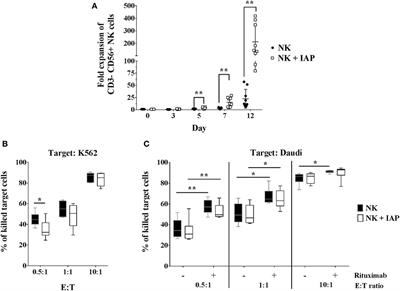CORRECTION
Published on 08 Oct 2018
Corrigendum: Triplebody Mediates Increased Anti-Leukemic Reactivity of IL-2 Activated Donor Natural Killer (NK) Cells and Impairs Viability of Their CD33-Expressing NK Subset
doi 10.3389/fimmu.2018.02326
- 1,146 views










